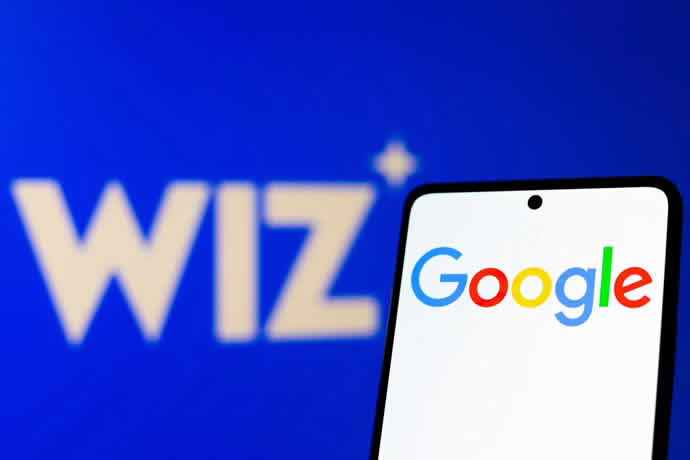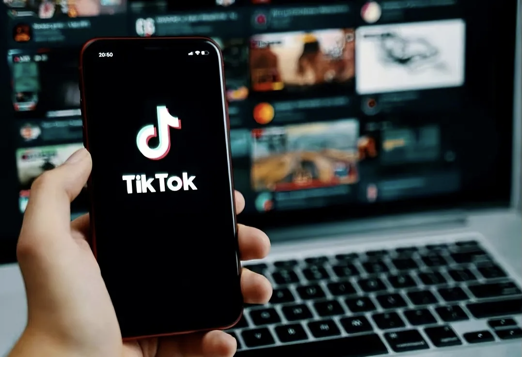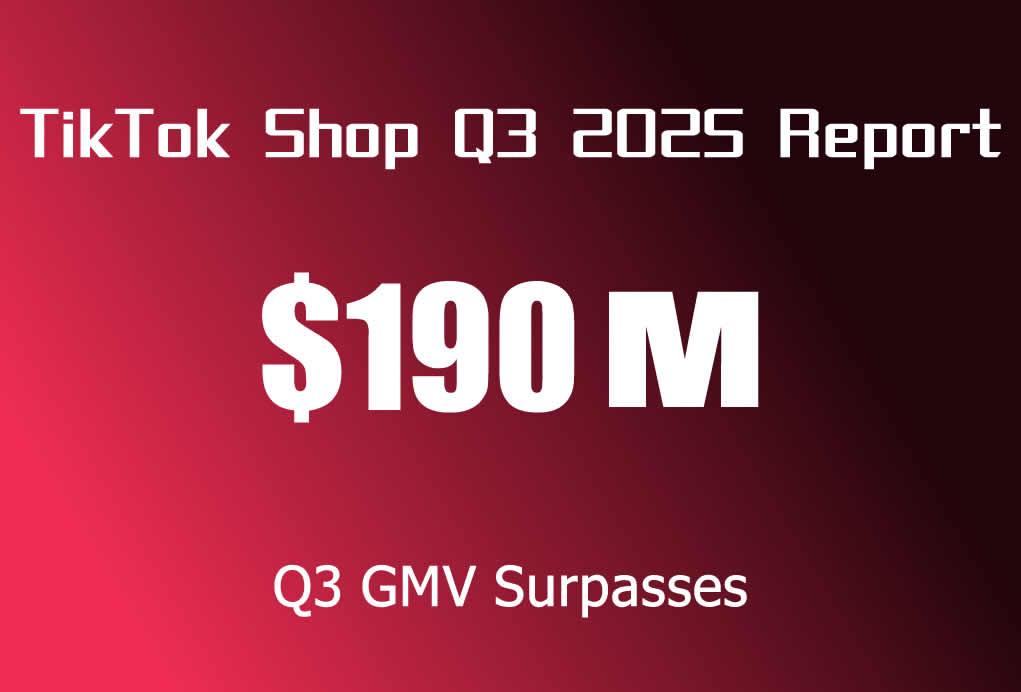When Google announced its staggering $32 billion acquisition of cybersecurity startup Wiz this week, the tech world immediately fixated on the eye-popping price tag. But buried beneath the headlines lies a strategic playbook that reveals Google Cloud’s ambitions to dominate the multicloud era. Let’s break down why this deal isn’t just about security—it’s about reshaping how businesses navigate hybrid cloud environments.
For years, enterprises have struggled with fragmented security tools as they spread workloads across AWS, Azure, Google Cloud, and private data centers. Wiz’s technology specializes in scanning cloud configurations across multiple platforms simultaneously, identifying vulnerabilities like unpatched APIs or exposed storage buckets. By baking these capabilities directly into Google Cloud, the company isn’t just selling better threat detection—it’s positioning itself as the connective tissue for multicloud operations.
“Customers don’t want 15 different dashboards,” a Google Cloud insider told TechCrunch. “They want one pane of glass that works seamlessly whether they’re running AI workloads on Google Cloud, legacy apps on AWS, or SaaS tools on Azure.” This acquisition turbocharges Google’s cross-platform capabilities at a critical moment. With 85% of enterprises now using multiple cloud providers according to Flexera’s 2024 report, the race to own the “control layer” for multicloud management is heating up.

But there’s a catch. Regulatory scrutiny looms large over this deal. Wiz’s meteoric rise—from 100Mto100Mto350M in ARR in just 18 months—was fueled by its vendor-agnostic approach. Competitors like CrowdStrike and Palo Alto Networks worry Google might limit Wiz’s integrations with rival clouds, effectively weaponizing security to lock customers into its ecosystem. Google denies these claims, emphasizing plans to maintain Wiz’s multicloud capabilities. Yet the FTC has already requested documentation about the acquisition’s impact on cloud competition.
The timing couldn’t be more strategic. As generative AI workloads explode, so do attack surfaces. Wiz’s ability to map cloud dependencies and detect AI model vulnerabilities gives Google a unique advantage in securing next-gen applications. “This isn’t just about firewalls anymore,” explains cybersecurity analyst Maribel Lopez. “It’s about understanding how AI agents interact with cloud databases, APIs, and edge networks across providers.”
While the 32Bpricetagraiseseyebrows,considerthis:WizwasontracktoIPOata32Bpricetagraiseseyebrows,considerthis:WizwasontracktoIPOata40B valuation. For Google, acquiring a high-growth security asset that strengthens its multicloud positioning might prove cheaper than playing catch-up in the long run. As hybrid cloud architectures become the norm, controlling the security layer could be Google’s ticket to becoming the Switzerland of enterprise infrastructure—neutral ground where all clouds connect.




